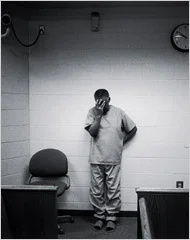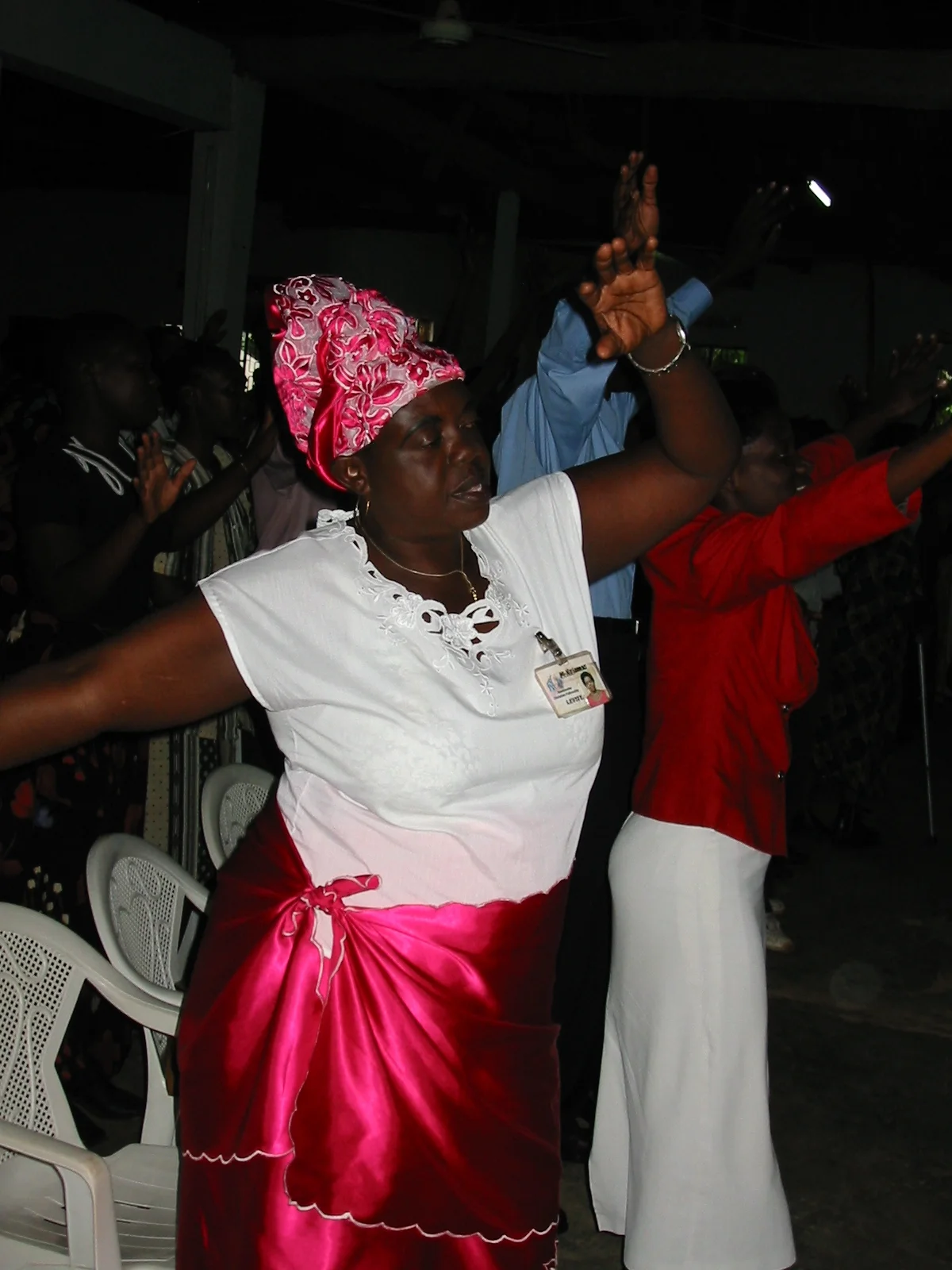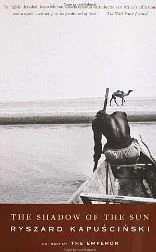"The Fight for the Right to be a Muslim in America"
The Guardian, February 8, 2018
When a Pakistani-born economist proposed to build a mosque in his pleasant suburban town, he set off a years-long court battle with a group of local residents, whose angry opposition drew support from a national network of right-wing Islamophobes. I spent the tumultuous first year of Donald Trump's presidency visiting the town, talking to people on all sides the dispute, and trying to understand the roots of today's political animosity.
"The Reckless Plot to Overthrow Africa's Most Absurd Dictator"
The Guardian, July 21, 2015
In December 2014, a handful of Gambian-born soldiers, most of them American citizens, launched a poorly organized assault on the residence of Yahya Jammeh, the eccentric tyrant who rules their homeland. After the attack was repelled, the surviving coup plotters fled back to the United States, where they were arrested and charged with violating an obscure 18th Century federal law called the Neutrality Act. What could have motivated these men—mostly middle-aged, middle-class suburbanites—to risk everything on such a foolhardy mission? The answer can be found in the stories of two immigrants: one a Texas real estate developer, the other a soldier from Kentucky.
“A Scorsese In Lagos”
New York Times Magazine, February 26, 2012
What would it take for Nigeria’s lawless, lowbrow film industry to produce a great movie? On set with Kunle Afolayan, the would-be auteur of Nollywood.
“The Peanut Solution”
New York Times Magazine, September 5, 2010
An easy-to-produce paste called Plumpy’nut may represent the cure to malnourishment around the world. But who owns the recipe?
“Is There Such a Thing as Agro-Imperialism?”
New York Times Magazine, November 16, 2009
The hungriest continent, Africa, also possesses the world’s largest unexploited supply of agricultural land. A scramble is on, as Arab sheiks, Western investors and international development organizations compete to sow new fields—but for whose benefit?
“Doubt”
The New Republic, August 12, 2009
In 2009, a television crew confronted an exiled Rwandan professor at a small American college with accusations of genocide. Was he really a killer, or a political dissident?
“Mission From Africa”
New York Times Magazine, April 8, 2009
“Pastor Daniel Ajayi-Adeniran is coming for your soul.” Cover story about a Nigerian church on a mission to convert Americans to its fervent brand of evangelical Christianity.
“A Dying Breed”
New York Times Magazine, January 27, 2008
The Ankole cattle of Uganda are magnificent products of Africa’s biodiversity. And now they're vanishing, due to genetic competition from America.
“The Long Interrogation”
New York Times Magazine, June 4, 2006
When an Ethiopian immigrant recognized her onetime torturer at a hotel in Atlanta, the chance encounter set her on a long legal quest to send him home to face justice.
“The Book of Wilson” (pdf)
The Paris Review, Summer 2006. Included in the 2008 Pushcart Prize Anthology
In the early 2000s, when a rebel army of child soldiers was ravaging Uganda’s north, an actor and fighting man named Wilson Obote “seemed to personify Uganda’s legacy of violence, and also the country’s potential to reclaim itself from the abyss.” He was searching for his kidnapped sons, and trying to save himself.
“George Weah’s New Game”
New York Times Magazine, August 21, 2005
As a goal-scorer for soccer clubs like A.C. Milan and Chelsea, George Weah inspired the war-torn nation of Liberia. But is “King George” the right man to lead the country as president? On the campaign trail with Africa’s first true celebrity politician.
“Enemy’s Enemy”
The New Republic, August 4, 2004
The evangelical movement is surging across Africa, acquiring followers—and power.
“A Time Beyond Dreams”
The Nation, December 14, 2009
Nelson Mandela was a patriarch, Thabo Mbeki a princeling. Jacob Zuma, South Africa’s third black president, is purely a politician. A review of three books about a nation in transition.
“Warlord Politics”
The Nation, April 20, 2009
Why did African armies go to war in Congo, and why does the bloodshed continue? A review of Gérard Prunier’s book Africa’s World War.
“The Passenger”
The Nation, October 1, 2007
On the ambiguous legacy of Ryszard Kapuscinski, war correspondent and poetic interpreter of the developing world.
“An African Solution”
The Nation, June 11, 2007
What is to be done about the scourge of AIDS in Africa?
“Why is Africa Still Poor?”
The Nation, October 25, 2005
“A slogan painted on trucks and taxicabs all over Africa, much beloved by metaphor-hunting authors, reads: NO CONDITION IS PERMANENT. This is true, but some are recurring.” A review of several books on African development.
Dispatches from Africa, 2002-2004
Institute of Current World Affairs
An archive of articles written by Andrew Rice during his tenure as a Uganda-based fellow of the Institute of Current World Affairs, an American nonprofit foundation. (Free registration required.)


















